
In the world that is the Forgotten Realms magic runs rampart. From the divine power of the gods to a race born with an inert cantrip, a little bit of magic can be found everywhere.
But what and where does magic in Dungeons and Dragons 5e come from?
The Source of Magic in DND: Mystra and The Weave
How Was Mystra Created?
In the beginning there was raw magic set throughout the cosmos. After the creation of the universe (formed together by Lord Ao), there were sisters of light and darkness. As opposites tend to do, there was spite and anger between the sisters and a battle ensured.

The sisters Shar (of darkness) and Selûne (of light) were beings of pure essence. In a desperate attempt while being overwhelmed by Shar, Selûne tore off a piece of her essence and flung it towards her sister. Shar took the hit, tearing a chunk of her essence and it spinning off and combining with her sisters. The light and dark of their essence molded and came together, falling into the void for centuries, shimmering and waiting.
Both sisters would be greatly diminished in power after this fight. With this diminishment, there would be a new creation, and thus the first incarnation of Mystra was born.
What is Mystra and Her Connection to the Weave?
Mystra, the Mother of Magic and the Lady of Mysteries. She would from then be the goddess of magic, spells, creativity, invention, and knowledge. With her birth the complete use of magic would be under her command, all at the highest level.
With magic being born, the Weave was also brought into creation. the Weave was the channel that made the use of raw magic possible and safe for magic casters. Mystra would go on to teach casters of magic on our plane. Being apart of almost every corner of existence, the Weave would be the direct connection between mortals and Mystra.
The important aspect of the Weave was the fact that it is not, in itself, magic. It is the channel, or others call it a fabric, that gives those with magic the ability to use it. Casters would take in and use a part of the fabric to cast their spells. If there was any damage to the “fabric” then there would be an array of troubles to follow. Total destruction of the Weave would wreck havoc over all the lands, with raw magic becoming a highly destructive force.
Divine or not, most forms of magic comes through this channeling of the fabric. There also seems to be a form of fate that is attached to the Weave, with a few individuals who could manipulate the connection to alter the future to their advantage. This would usually not end well, with the Weave punished those who used “her” in such a way.
But how do magic casters access the Weave?
Halt!
Take A Moment and Support Knight’s Digest!
Adventurers, if you’ve enjoyed the content we’ve worked so hard to create, we humbly ask for your support. Running Knight’s Digest takes countless hours of dedication, creativity, and passion, and we’d love your help to keep our dungeon full of treasure (and coffee).
If you think we’ve earned it, consider donating to help us continue crafting the stories, resources, and ideas you love.
Make a one-time donation
Make a monthly donation
Make a yearly donation
Choose an amount
Or enter a custom amount
Your contribution is appreciated.
Your contribution is appreciated.
Your contribution is appreciated.
DonateDonate monthlyDonate yearlyHow Do Magic Casters Access the Weave?
There are three main ways that magic casters gain the use of the Weave. Arcane Magic, would come with rigorous studying in the arts. Those who delve into the divine or pact magic gets their magic through their faith or from those that they made the pact with.
Who can use Arcane Magic?
This would be the most time consuming method if you are hoping to gain the use of the Weave. Becoming a bard, sorcerer, wizard, or warlock comes with a hefty load. These are all arts that take time to master.
If you are a wizard studying ancient texts and filling up your spell book would most likely how you spend your days gaining power. A sorcerer would gain access to their power through their bloodline or some other cosmic source. They still use an arcane focus to bring to light these powers. A warlock does not use spells, but more along the lines of invocations.
If you want to hear about one of the original wizards, check out our article: The Most Powerful Wizard in DnD: Mordenkainen
Bards, well bards also study. While considered a form of arcane magic, they still gain power from the heart. Songs and poetry are their life, which resonates with the Weave, getting access to its power.
Who can use Divine Magic?
Clerics, druids, rangers, and paladins are prime examples of power through a faith. Each different class or race has some of love and faith for their being or object that it is actually returned in a form of magic.

Clerics and druids get their power in a similar method. The devotion and commitment to their cause is what gives them the gift of power through the Weave. When they make their choices, they seem to be acting through an intuitive force, making choices through their faith that would be in the deities best interest.
With a similar devotion in mind, druids gain their power through nature. In most cases it can be argued that druids main access to their power is the connection they have with nature itself. In similar ways, druids gain the use of their powers through a strong spirit of nature or a powerful deity (most likely with ties to nature itself). Druids wants nature to thrive and prosper.
Rangers also get the opportunity to use element type magic. The main difference that separates them is that rangers are nature based warriors, using the land to survive on it and battle. Both classes have a strong respect and power when it come to the outdoors, but you could think of rangers as warriors with limited spellcasting while druids are full fledged spellcasters.
How Does Pact Magic Work?
The only class that uses pact magic in Dungeons and Dragons 5e are warlocks. Warlocks also get their powers from a higher deity with much more access to the Weave. You might be wondering, “Is that not the same as other classes, like paladin or cleric”?
You would be correct. The significant difference is the fact that faith or devotion has nothing to do with it at all. In simple terms, it is a contract. You, the player, would do so and so whatever the being asked you to do and in return you get access to the power of the Weave that they have access to.
Pact magic “contracts” are usually handed out by fey, fiends, eldritch beings, and celestials. While it’s basically throw a dart at the board of what alignment these higher beings fall into, I most often find them being towards the evil side of things.
I think pact magic, storytelling wise, are great in moments on anguish for characters. Too weak to avenge your family that was just slaughtered in front of you? Personally, if I was a evil being I would also probably offer my services in return for whatever I wanted (because the anguished player would probably offer anything) in that moment. Its a very give and take relationship, but for those who need some form of power and those who are needing a deed done, it can work out.
The Magic You Always See On A D100 Table
The Shadow Weave

While the Weave is the thread that covers all corners, the Shadow Weave is the dark force that was made from nothingness. It covers the negative space the Weave does not cover, the Weave basks its Light across creation and the Shadow Weave stays to the shadows.
The Shadow Weave came into creation when the goddess Shar formed it. The Weave gives access to the magic, siphoning the power given by Mystra. The Shadow Weave is a dangerous force, with no limitations and dangerous to all those around it, including the caster. Long ago Shar had studied the Weave that Mystra had created, and made it into her own image as what we now know it as: the Shadow Weave.
The Shadow Weave is often used in evil magic, those who use it will find spells like darkness to be more powerful. The schools of magic (enchantment, illusion, and necromancy) are stronger when the Shadow Weave is involved. The downside is that it can not create any form of light and the schools of evocation and transmutation take a hit and are more impaired.
Wild Magic

As mentioned before, those who handle the Shadow Weave might have possible side effects. We call this form of magic, wild magic. It is almost impossible to control, coming from the elemental planes, a land where magic, well, runs wild.
Those who tend to use this form of magic (willingly) are more aligned with chaos and enjoy the thrill it brings. Casting magic and having a random interaction happen because of it brings its own form of excitement.
During great stress or anxiety of a battle, sometimes the random effect was beneficial to chaos mages. You could be hoping for a giant fireball to appear, but instead you teleport a few hundred feet away or turn invisible. Constantly I am seeing wild magic tables be created or homebrewed, and it brings so much fun to the table.
The group dynamic can suddenly shift. Destroying the BBEG turns into making sure stack of flowers (your teammate) gets off the battlefield. On the other hand, it is not all bad.
A great roll can grant you the power of a god.


Total Party Kill Productions
Delve into the Dungeon
Step into the world of adventure with these Dungeon Delver Club shirts—the depths are calling, answer the call!

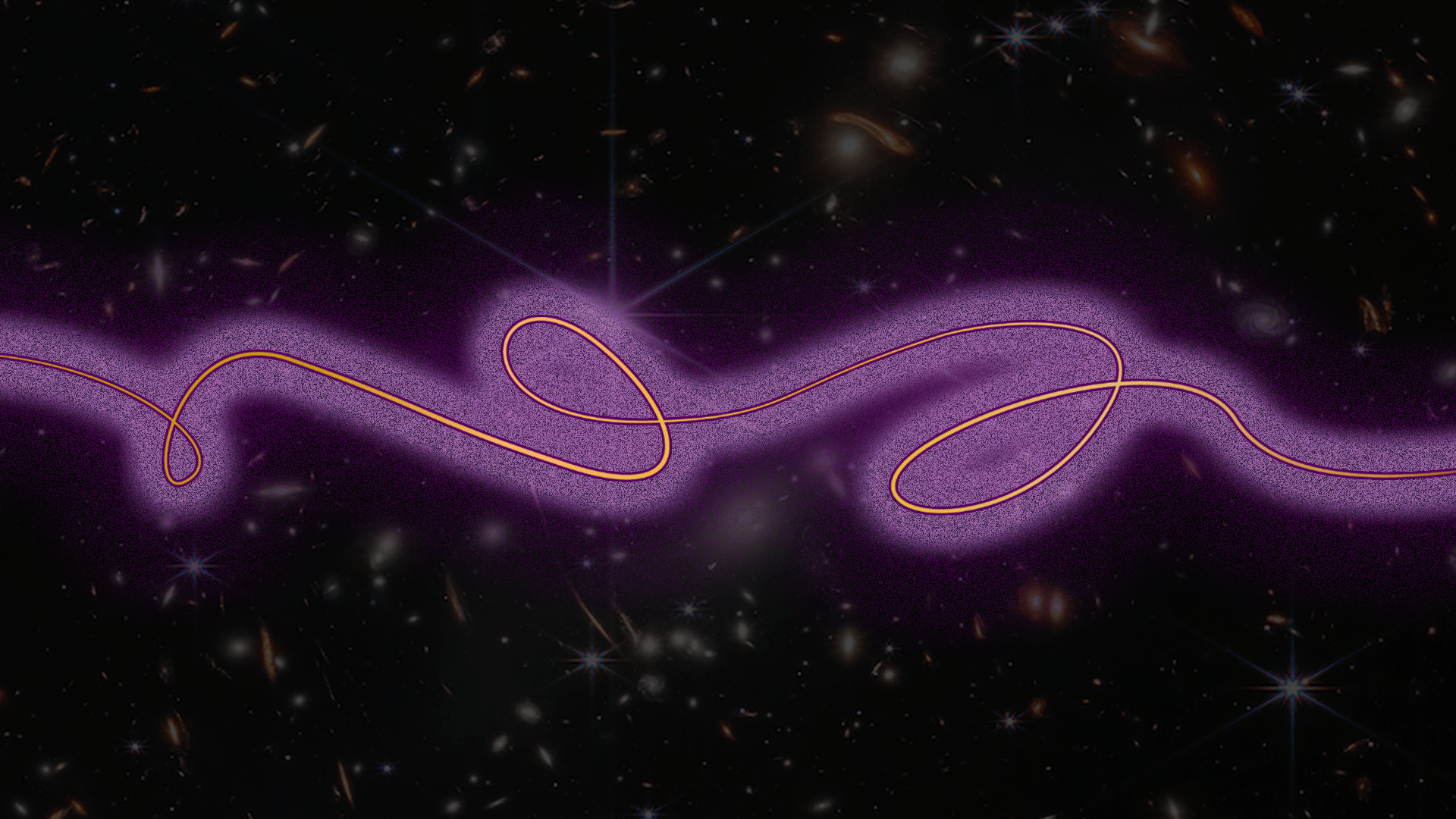



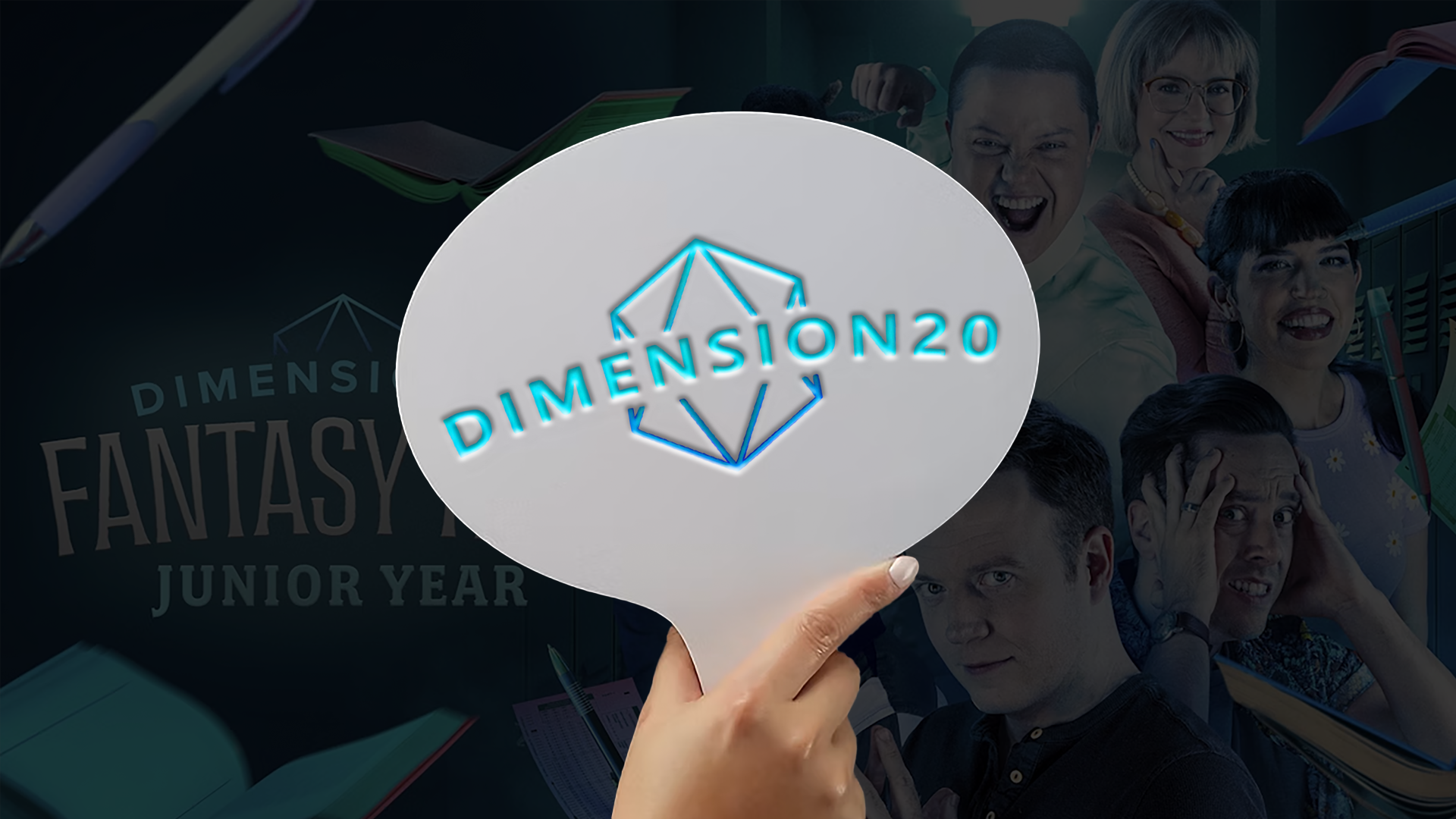
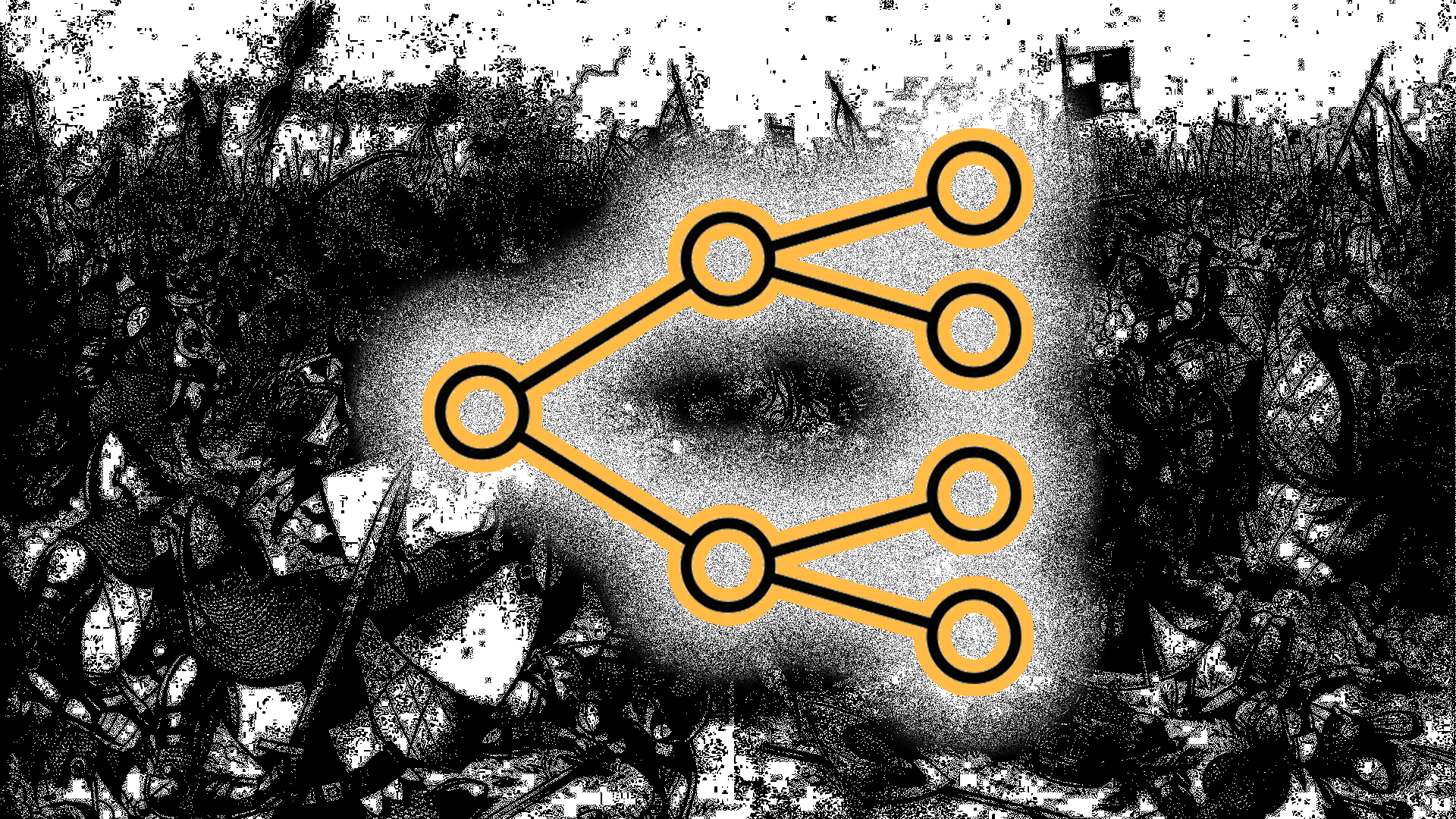
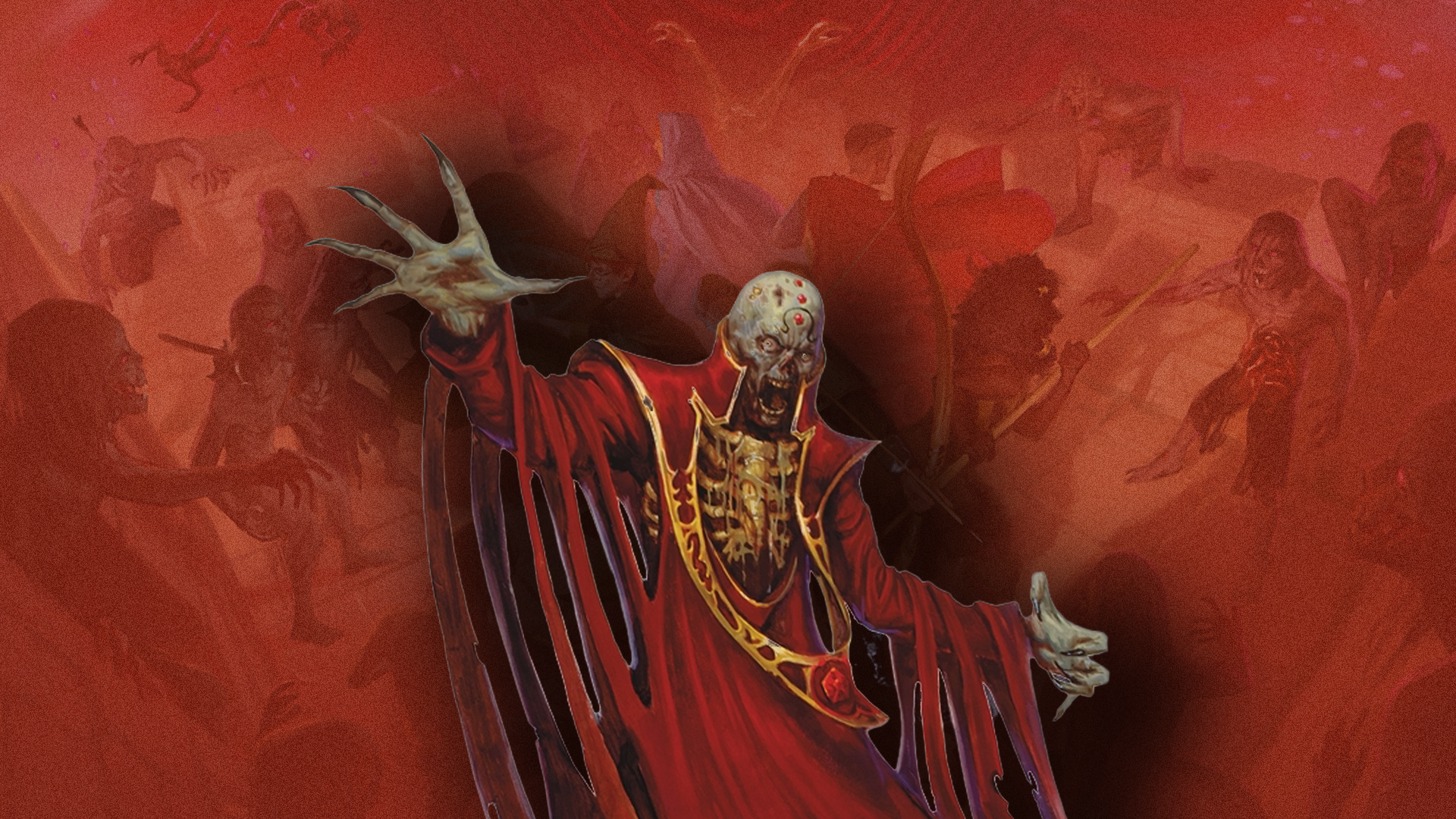
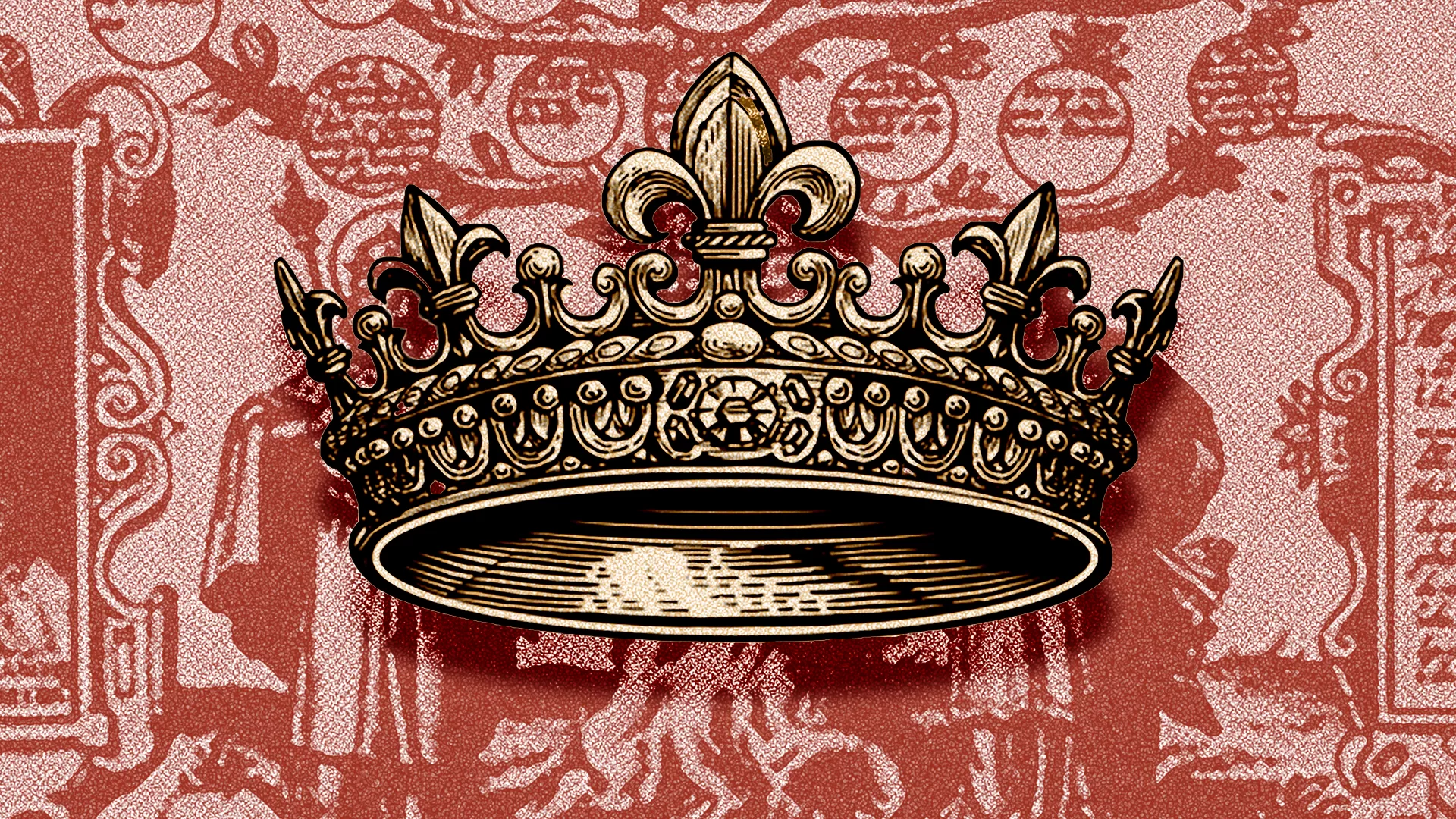

Leave a Reply